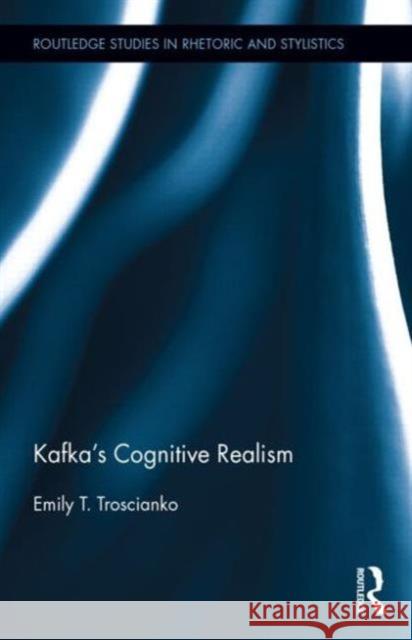Kafka's Cognitive Realism » książka
Kafka's Cognitive Realism
ISBN-13: 9780415640671 / Angielski / Twarda / 2014 / 272 str.
Kafka's Cognitive Realism
ISBN-13: 9780415640671 / Angielski / Twarda / 2014 / 272 str.
(netto: 789,74 VAT: 5%)
Najniższa cena z 30 dni: 730,42
ok. 16-18 dni roboczych.
Darmowa dostawa!
This book uses insights from the cognitive sciences to illuminate Kafka s poetics, exemplifying a paradigm for literary studies in which cognitive-scientific insights are brought to bear directly on literary texts. The volume shows that the concept of "cognitive realism" can be a critically productive framework for exploring how textual evocations of cognition correspond to or diverge from cognitive realities, and how this may affect real readers. In particular, it argues that Kafka s evocations of visual perception (including narrative perspective) and emotion can be understood as fundamentally enactive, and that in this sense they are "cognitively realistic." These cognitively realistic qualities are likely to establish a compellingly direct connection with the reader s imagination, but because they contradict folk-psychological assumptions about how our minds work, they may also leave the reader unsettled. This is the first time a fully interdisciplinary research paradigm has been used to explore a single author s fictional works in depth, opening up avenues for future research in cognitive literary science."











